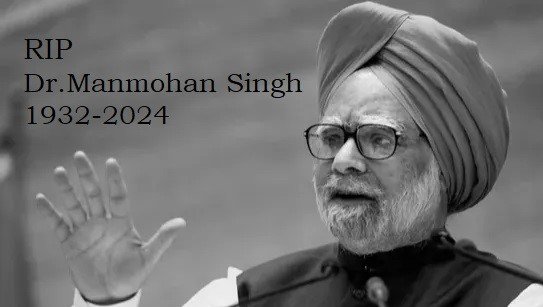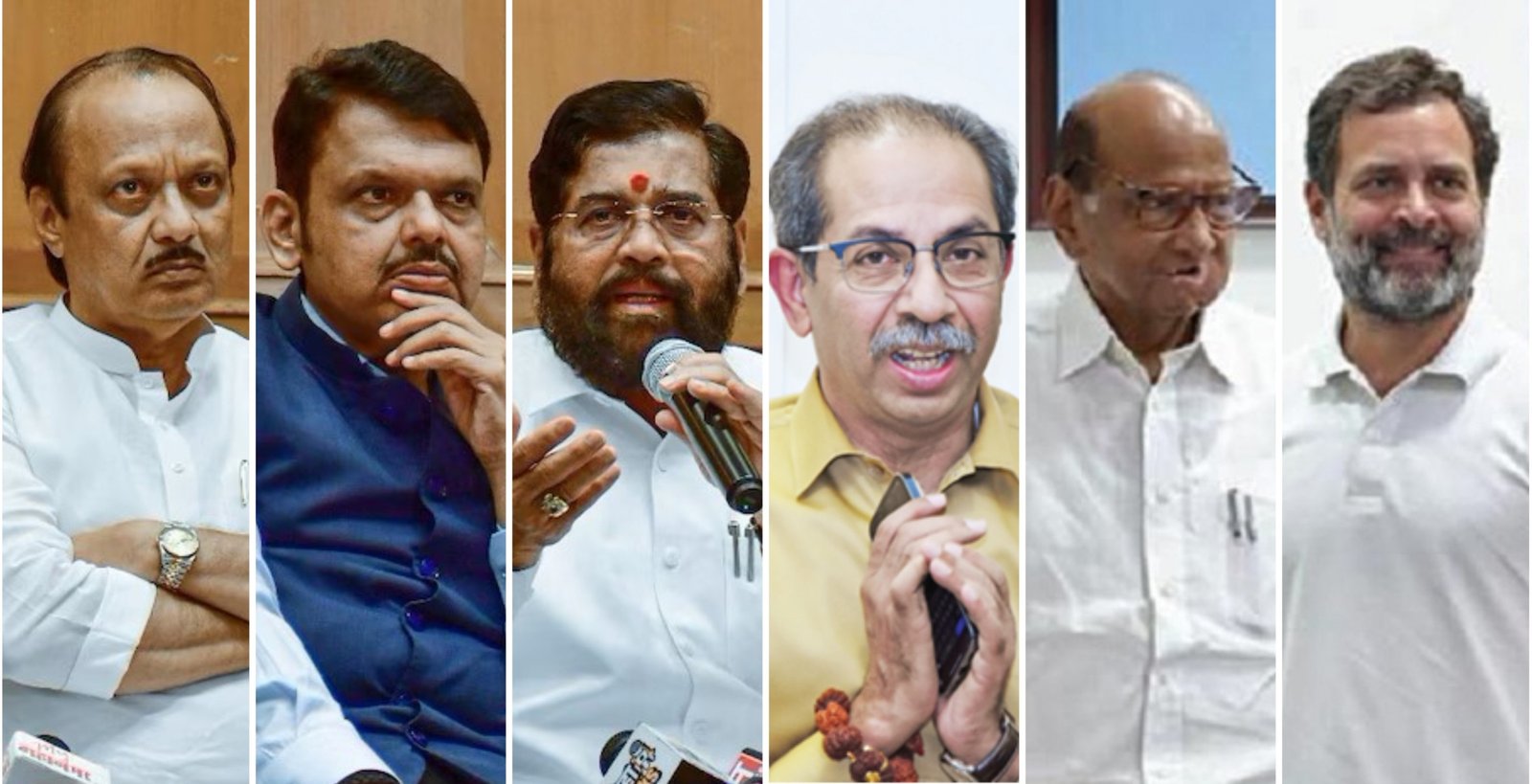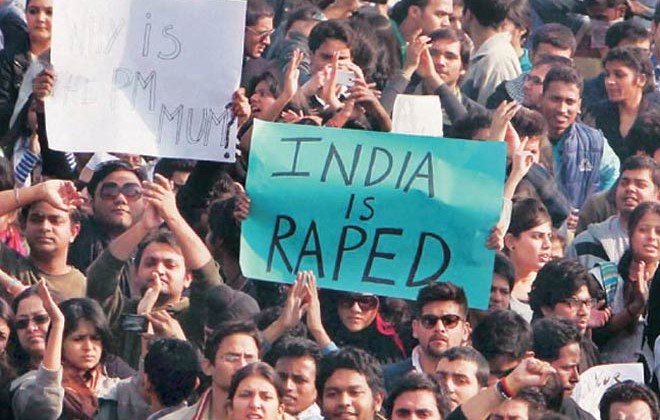Does justice prevail when it is denied due to inordinate delay?
- Rommel Rodrigues
- Aug 25, 2024

MUMBAI: The wheels of justice move slowly, but 30 years is far too long for justice to be served in one of the most heinous crimes of enormous proportions - a crime against young women, not one or two, but hundreds of teenage school and college students. In such a case, the question arises has justice prevailed, has it been served well to the victims?
In a momentous ruling, a POCSO court has finally delivered justice in the infamous 1992 Ajmer sex scandal after three long decades. However, for the young girls who were subjected to gang rape, blackmail, and forced silence by a well-connected group of individuals, this may be far from closure. The much-delayed judgment serves as a sobering reminder of the systemic failures within our judicial and law enforcement frameworks. The maxim "justice delayed is justice denied" resonates deeply in this context, highlighting the urgent need for reform and accountability.
At its core, the Ajmer scandal encapsulates a broader issue plaguing many societies: the tendency to treat sexual violence as a secondary concern, often mired in bureaucracy and apathy. Victims of sexual exploitation frequently suffer a double injustice - first through the trauma of their experiences, and then through a legal system that fails to respond swiftly and decisively.
In the Ajmer case, the lengthy investigations, numerous delays in judicial proceedings, and lack of transparency have left victims and their families in a state of limbo, grappling with the emotional and psychological toll of their experiences while waiting for a semblance of justice.
The implications of such delays are profound. When justice is not served in a timely manner, it sends a message - both to the victims and to potential perpetrators—that the legal system is not equipped to protect the vulnerable or hold the guilty accountable. This not only erodes public trust in the judiciary but also perpetuates a culture of impunity. Perpetrators may feel emboldened, knowing that the wheels of justice turn slowly, if at all, allowing them to escape the consequences of their actions.
Moreover, the failure to deliver swift justice in cases like the Ajmer scandal perpetuates a cycle of silence and fear. Victims are often reluctant to come forward, fearing that their cases will be lost in a labyrinth of red tape and indifference. This reluctance is compounded by societal stigma, which places undue blame on victims while exonerating those in positions of power. The longer justice is delayed, the more it silences the voices of the oppressed.
To break this cycle, a multifaceted approach is required. First and foremost, there must be an overhaul of the judicial process to ensure that cases of sexual violence are prioritized and handled with the urgency they deserve. This includes the establishment of fast-track courts specifically for such cases, where trained professionals can navigate the complexities of trauma and ensure that victims are treated with dignity and respect.
Additionally, there is a pressing need for systemic reforms within law enforcement agencies to eliminate the culture of complicity and apathy that often hampers investigations. This involves robust training programs focused on sensitivity and awareness around sexual violence, accountability measures for officers who fail to act, and mechanisms for victims to report abuses within the system itself.
Finally, public awareness campaigns are essential in changing societal attitudes toward sexual violence. We must work collectively to dismantle the stigma that surrounds victims and foster a culture of support and empowerment. The voices of survivors must be amplified, and their stories must be heard, not just as cautionary tales but as calls to action for a society that seeks to uphold justice for all.
The Ajmer sex scandal is not just an isolated incident; it is a reflection of a societal malaise that requires urgent attention. Justice delayed is indeed justice denied, and the time has come for us to demand accountability, reform, and a commitment to ensuring that every victim is afforded the justice they deserve—without delay. Only then can we begin to rebuild trust in our institutions and create a safer, more equitable society for all.











Reporter
Rommel is our Editor. He has close to three decades of experience in leading publishing houses including, Fortune India, Observer of Business & Politics, The New Indian Express etc.
View Reporter News